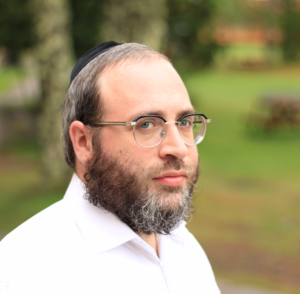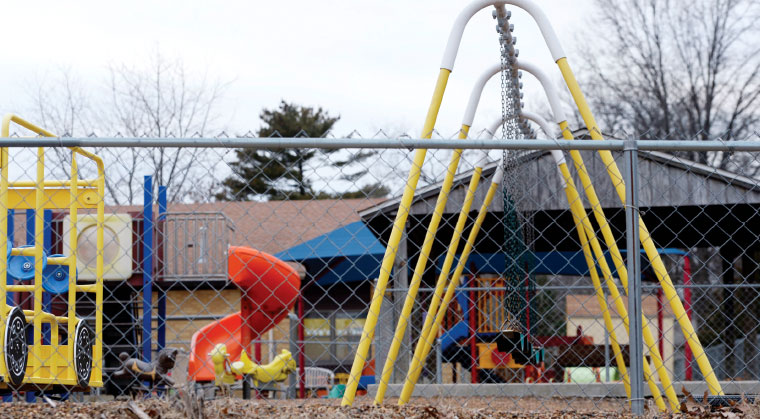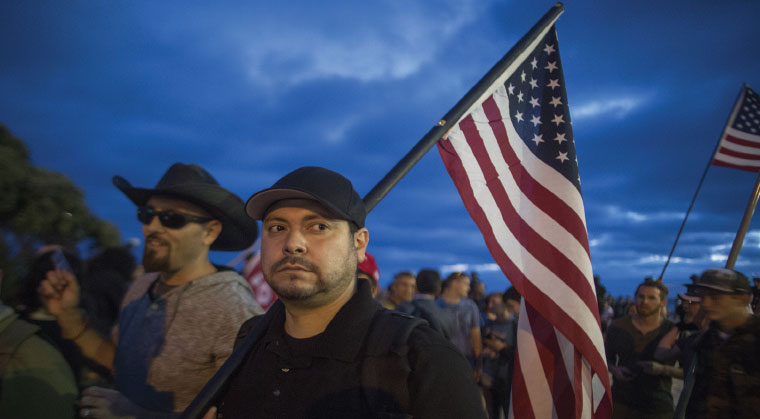A Narrow Victory for Religious Schools


Justice Neil Gorsuch: “The general principles here do not permit discrimination against religious exercise — whether on the playground or anywhere else”
A recent US Supreme Court decision could open the door for state funding to yeshivos and other religious institutions.
Last week the Court decided that the state of Missouri violated the First Amendment’s free exercise clause when it denied state funding to a church school that had applied to a state program to resurface its playgrounds.
By a 7-2 majority the Supreme Court ruled that the church could not be denied money made available to other charitable organizations simply because it is a church.
The case Trinity Lutheran Church v. Comer began in 2012 when the state denied funding to the school based on a provision in the Missouri constitution known as a “Blaine Amendment ” which prohibits state aid to “any church sect or denomination of religion.” The original Blaine Amendment was proposed in 1875 by US Rep. James Blaine a Maine Republican and speaker of the House who proposed a constitutional amendment to bar funding to parochial schools in an era when Catholic immigration to the US had become a political hot potato. Blaine’s attempt to amend the constitution failed but today some 37 states have some form of Blaine Amendment on the books.
In 2016 Trinity Lutheran argued before the Court that denying the school state funding amounted to “religious bigotry.” The court ruled that in this particular case the church school should have enjoyed the same benefits as any other state or private school and should not be discriminated against solely because of its religious character.
In the majority opinion Chief Justice John Roberts wrote that the exclusion put the church “to a choice: it may participate in an otherwise available benefit program or remain a religious institution… when the State conditions a benefit this way the State has punished the free exercise of religion.”
However court watchers caution that the justices ruled narrowly. Justice Roberts added a footnote to his opinion cautioning that the ruling does “not address religious uses of funding or other forms of discrimination.” Judge Neil Gorsuch recently appointed by President Donald Trump and expected to be one of the court’s most conservative members did not concur with the footnote writing: “The general principles here do not permit discrimination against religious exercise — whether on the playground or anywhere else.”
That is significant since Gorsuch’s direction might provide leadership to a Court that has recently agreed to hear cases that could expand the Court’s understanding of religious school funding.
Nevertheless for now the Union of Orthodox Jewish Congregations (OU) was pleased with the Trinity decision which “puts state aid to synagogues (and other houses of worship) and parochial schools for security and safety measures on an explicit and solid constitutional footing ” the group said. The OU had filed a “friend of the court” brief cited by Justice Samuel Alito at the case’s oral argument session in April.
The OU Advocacy Center has worked for many years at the federal state and local levels to obtain security funding for synagogues and Jewish day schools. While there were never any lawsuits filed against those programs some of the liberal groups that opposed them had raised constitutional concerns said Nathan Diament executive director for public policy for the Orthodox Union. “If nothing else this ruling certainly puts all their security funding and other kinds of safety and health issues funding for nurses in schools and other things that are obviously in the security and safety and well-being basket on as solid a constitutional footing as possible.”
“This is a big deal ” said Professor Avi Helfand of Pepperdine School of Law and an expert on religious law and religious liberty. “The two big takeaways from this case are one that seven Supreme Court justices think it’s obvious that government funding of a religious institution for something that’s neutral that’s secular does not violate the establishment clause. The second big takeaway is that to exclude religious institutions because they are religious is a form of religious discrimination.”
But Helfand cautioned that the ruling does not open the door for all kinds of funding to religious institutions. According to Helfand the decision only says that a state can’t discriminate against a religious institution solely because it is a church or synagogue. But a state still can deny funding if the school plans to use the state money toward a religious purpose. Originally featured in Mishpacha Issue 666. Jacob Kornbluh is also the political reporter for www.JewishInsider.com.
Oops! We could not locate your form.













